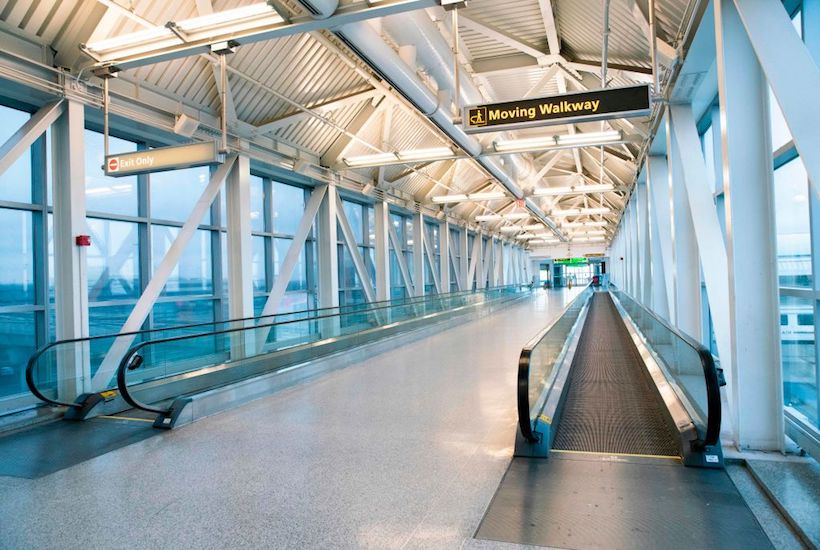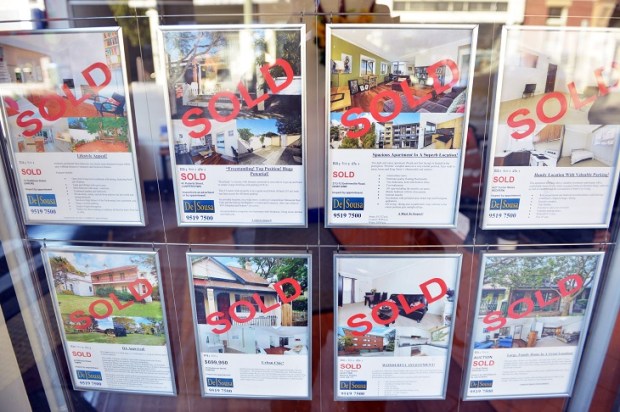My mother may have to pay $50,000 in tax because she found herself in Russia during the coronavirus pandemic. She went to Russia in early 2019 to help her mother buy a property. Now she is having her own property woes here in Australia. By staying in Russia during the pandemic, she is now facing significant unforeseen financial consequences.
The ATO taxes individuals as either foreign tax residents or Australian tax residents, regardless of their actual citizenship. The government considers how much time a person spends overseas, whether that person has a home overseas, and why they went overseas when determining the residence of a taxpayer.
My mother intended to return home to Australia in early 2020, but Covid-19 happened. As a result of the pandemic, she chose to live with her family in Russia. She now wishes to sell her Australian home as she hasn’t used it since travelling to Russia.
My mother’s lengthy stay in Russia now means she is considered a foreign tax resident, and is liable to a much more punishing tax code.
Ordinarily, Australian tax residents do not pay capital gains tax when they sell their family home. However, the 2017 Federal Budget ultimately removed the capital gains tax exemption for foreign tax residents in the name of ‘housing affordability.’
What’s wrong with paying capital gains tax? While CGT usually accrues a 50 per cent discount for any asset held over one year for an Australian tax resident, foreign tax residents are offered no such luxury. Australian citizens stand to lose significant amounts of money, particularly when they have accrued substantial capital gains on property made over a decade or two.
However, this reveals a larger flaw for the CGT system — taxpayers cannot average their earnings from capital gains over the time the asset was owned. This means the ATO treats the capital gains on my mother’s property, as if they were all earned in one year. But the house appreciated in value over six years, not one. If the capital gains are significant, this can easily push your taxable income into higher tax brackets. Many people’s income would never reach those brackets had the ATO accurately calculated their home’s appreciation per year, instead of as a lump sum.
The final nail in the coffin for foreign tax residents is that the ATO taxes them at much higher rates. Foreign tax residents don’t benefit from the generous tax-free threshold and incremental tax rates afforded to Australian tax residents. Instead, the ATO takes 32.5 cents out of every single dollar an individual earns, and should they earn more than $120,000 they must pay even higher taxes.
The government claims removing the CGT exemption for foreign tax residents improves housing affordability. This is false. If anything, it further exacerbates the problem. The tax system punishes families living overseas who want to sell their vacant Australian homes. If we want to lower housing prices, shouldn’t we encourage the sale of houses, instead of forcing Australians to hold onto empty homes for tax reasons?
Currently, any foreign tax resident will have to wait until international travel returns to normal before they can easily sell their house tax-free. Even when travel returns, they still must stay in Australia long enough to become an Australian tax resident once again. This leaves homeowners and homebuyers worse-off as the government incentivises homeowners to postpone selling their empty houses.
The only winner is the ATO, which cashes in on extra tax if the homeowner decides to sell while overseas.
Ultimately, individuals wanting a quick sale have two options: cop the excessively high CGT for foreign residents or secure a $5000 plus flight home, pay $3000 to quarantine, and avoid tax on the sale of their home. In most cases Australians can benefit financially by coming home, dodging taxes, and risking the spread of Covid-19.
If the government truly cared about the wellbeing of all Australians, they wouldn’t be trying to scrape every last tax dollar from Australians still trapped overseas. The lost taxes are a small price to pay for ensuring the wellbeing of all Australians.
My mother is one of many Australians living abroad facing these punitive taxes. As the world becomes ever more globalised and international families become the norm, the government needs to treat Aussies like Aussies. No Australian should be hit with excessively high taxes. The government is punishing Australians for choosing to live overseas.
Pavel Pfitzner is a research associate at the Australian Taxpayers’ Alliance.
Got something to add? Join the discussion and comment below.
Get 10 issues for just $10
Subscribe to The Spectator Australia today for the next 10 magazine issues, plus full online access, for just $10.


























Comments
Don't miss out
Join the conversation with other Spectator Australia readers. Subscribe to leave a comment.
SUBSCRIBEAlready a subscriber? Log in